This is what it looks like when citizens are not allowed to question or speak against their government.
This is the beginning of true tyranny.
Venezuela has been rocked by months of violent protests, beginning on January of this year, as President Maduro shut down talks and had opposition leaders arrested.
The citizens of Venezuela are starving, unable to obtain even the most basic staples of life on a regular basis, while Maduro’s loyalists in the government have enjoyed the riches of the land.
In fact, Venezuela is, in terms of resources, a rich nation, but socialism and despotic rule have taken their toll, and it is the people who suffer.
It’s always the people who suffer when tyrants and ignoble men are given ruling powers.
Luisa Ortega, the chief prosecutor of Venezuela, began as a loyalist to the Maduro regime, but began to sour on what she was seeing with the ruling party, and in April became quite vocal in her opposition.
On Saturday, several dozen Venezuelan National Guard troops surrounded Ortega’s office in downtown Caracas, in preparation for a vote to have her ousted by the newly-formed constitutional assembly. Her assets have been frozen and she is currently unable to leave the country.
INSÓLITO! Así tuvo que abandonar la Fiscal General de la República de #Venezuela la sede del MP por agresiones de militares chavistas #5Ago pic.twitter.com/ko1r0MuweL
— Cristian Crespo F. (@cristiancrespoj) August 5, 2017
From the Associated Press:
The constitutional assembly is made up of delegates from an array of pro-government sectors such as trade unionists, students and even representatives of Venezuelans with physical disabilities. But the agenda is expected to be set by bigger-name loyalists, including Maduro’s wife, son and several Cabinet ministers who resigned to join the body.
It will have sweeping powers to upend institutions and in theory could even remove Maduro, a fact held up by government supporters as a sign of its independence from the government.
The United States, the opposition, and several other nations have condemned the formation of this assembly, as it is a tool to open up a dictatorship, in an already unstable region.
It will certainly intensify a national conflict that has seen around 600 jailed and 120 citizens killed.
The 545 pro-government delegates of the assembly voted unanimously to remove Ortega, and to have her replaced with Tarek William Saab, Venezuela’s top human rights official, who does very little to protect the human rights of his fellow citizens. In fact, his qualification for the job as the nation’s “top cop” is his loyalty to the Maduro regime, little more.
Ortega said on Saturday that she was pushed and barred from entering her office by the posted guardsmen, all in riot gear.
She alleged that authorities were desperate to get their hands on sensitive dossiers containing information on dirty dealings by high-level officials, including details about millions of dollars in bribes paid by Brazilian construction giant Odebrecht.
“Do you know what they want to achieve with this? They want to hide the corruption and violation of human rights taking place in Venezuela that I will continue to denounce,” Ortega told journalists outside the building.
Indeed, there is an all-out effort to keep control of the narrative and to intimidate any opposition. This constitutional assembly was created for that reason, alone. Their meeting to vote on removing Ortega (a show vote, as it was never expected that any would vote against Maduro’s interests) is only their second meeting.
“Don’t think we’re going to wait weeks, months or years,” former Foreign Minister Delcy Rodriguez said Friday after she was unanimously chosen to lead the assembly. “Tomorrow we start to act. The violent fascists, those who wage economic war on the people, those who wage psychological war, justice is coming for you.”
Yet, it is not the opposition who are keeping the people in such deplorable conditions of poverty, starvation, and want. It is the Maduro regime.
But the opposition is struggling to regain its footing in the face of the government’s strong-arm tactics and the re-emergence of old, internal divisions. Several opposition activists have been jailed in recent days, others are rumored to be seeking exile and one leader has broken ranks from the opposition alliance to say his party will field candidates in regional elections despite widespread mistrust of Venezuela’s electoral system.
In a sign of its cowered and demoralized state, only a few hundred demonstrators showed up for a Friday protest against the constitutional assembly, one of the smallest turnouts in months. Those who did turn out said fear of arrest — rights groups claim there are more than 600 “political prisoners” jailed during the protests — may be keeping people at home but urged Venezuelans to remain mobilized.
“This is what the constitutional assembly will bring: more repression,” opposition lawmaker Miguel Pizarro said.
Maduro continues to claim the constitutional assembly is the best way to restore peace, but what is his idea of “peace”? Given the horrific images coming out of Venezuela, almost daily, it would seem he believes there can only be “peace” when all are under his feet.
That is not real peace.
The opposition chose to boycott the July 30 election for the assembly, believing the vote to be rigged in Maduro’s favor.
They may have a good point.
The results have come under mounting scrutiny after the international company that provided the electronic voting machines said that “without any doubt” the official turnout had been tampered with — a charge dismissed by Maduro and the National Electoral Council.
And also today, the South American trade bloc Mercosur took the steps to suspend Venezuela for failure to follow the democratic norms.
“Today in Venezuela there is no democracy,” Argentine Foreign Minister Jorge Faurie said. “Essentially what Mercosur is saying is: Without democracy, no, you cannot be a part of Mercosur.”
This is not Venezuela’s first suspension. They were first suspended in December 2012, for failing to uphold commitments.
And it is their failure to uphold the well-being of all their citizens that should be most alarming. The images coming out of the region, near-daily, are gut-wrenching.
And this is where I remind you again of a wonderful grassroots effort, www.HelpingVenezuela.com, designed to deliver aid and resources directly to the people, without the interference of Maduro’s government.
We should all care about what’s going on in Venezuela today. It has become increasingly difficult to keep a grasp on liberty, because far too many see the government as the ultimate arbiters of freedom, and government officials as all-powerful.

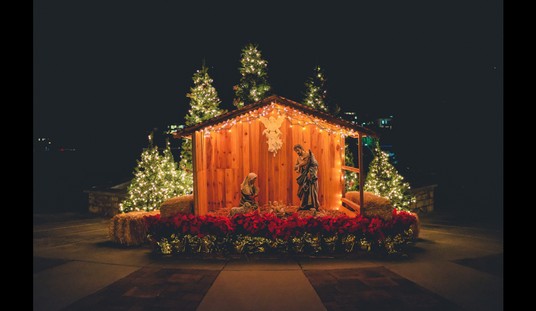
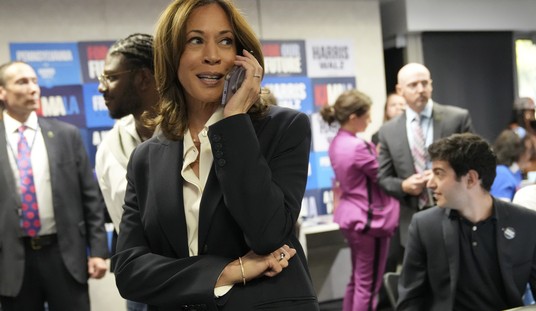
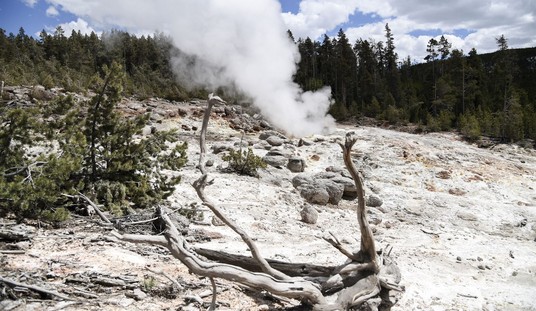



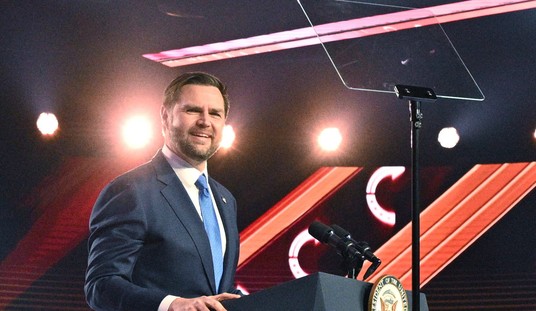

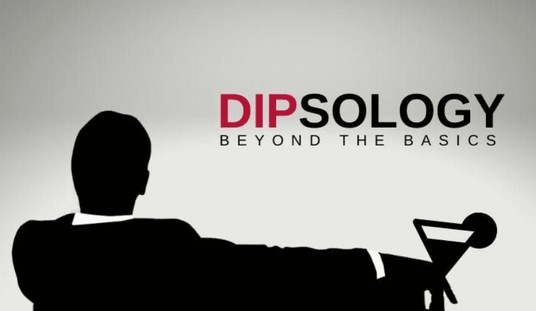
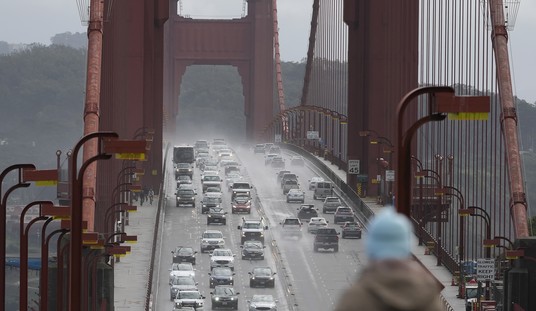
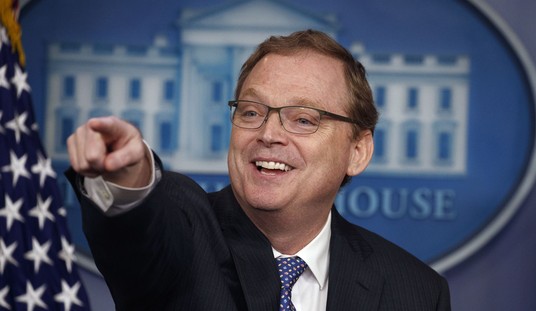

Join the conversation as a VIP Member